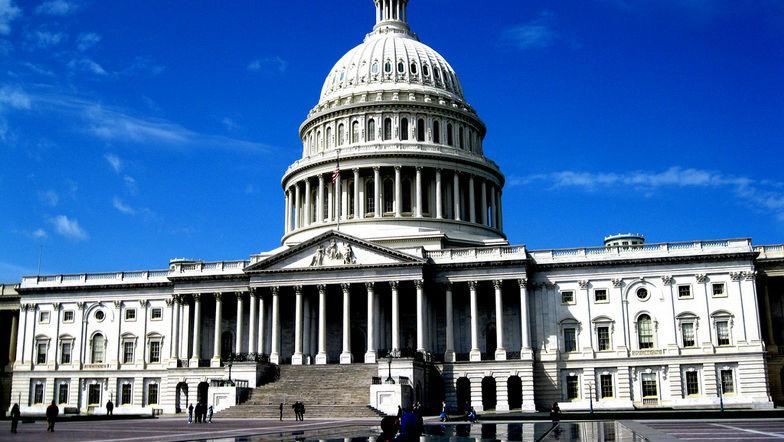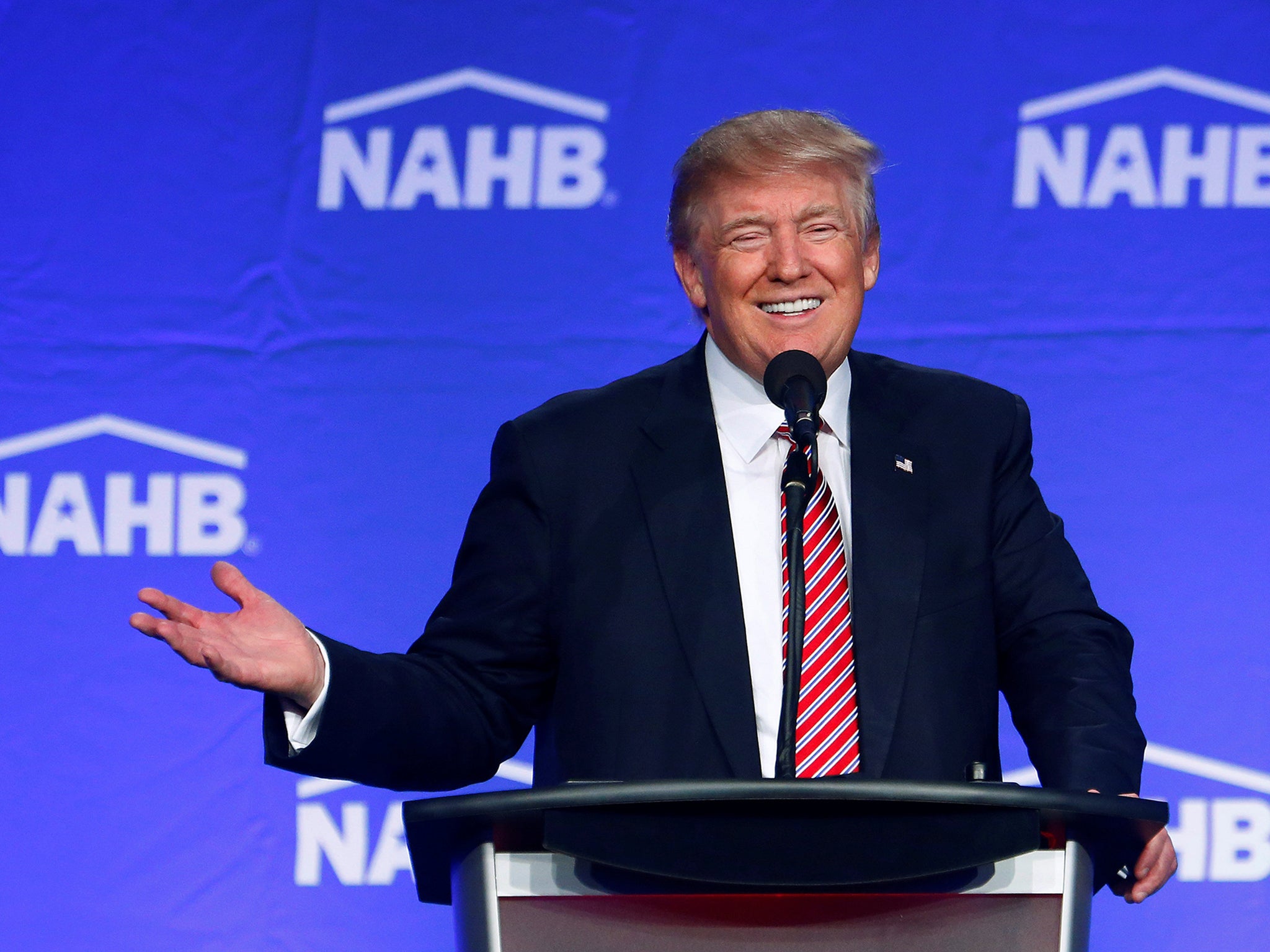Republicans anxiously demand money be diverted from Donald Trump to their own election contests
More than 70 Republicans have reportedly signed their name to a letter asking for money to be diverted to Senate and House races

Your support helps us to tell the story
From reproductive rights to climate change to Big Tech, The Independent is on the ground when the story is developing. Whether it's investigating the financials of Elon Musk's pro-Trump PAC or producing our latest documentary, 'The A Word', which shines a light on the American women fighting for reproductive rights, we know how important it is to parse out the facts from the messaging.
At such a critical moment in US history, we need reporters on the ground. Your donation allows us to keep sending journalists to speak to both sides of the story.
The Independent is trusted by Americans across the entire political spectrum. And unlike many other quality news outlets, we choose not to lock Americans out of our reporting and analysis with paywalls. We believe quality journalism should be available to everyone, paid for by those who can afford it.
Your support makes all the difference.It is called down-ticket anxiety.
Republican senators and congressmen are so concerned that Donald Trump could undermine their chances of being re-elected, they are demanding that party money be diverted to their races from the presidential campaign.
According to Politico, more than 70 Republicans have signed an open letter to Republican National Committee Chairman Reince Priebus urging him to stop spending any money to help Mr Trump win in November and shift those contributions to Senate and House races.

The move comes amid growing criticism of Mr Trump and his wild, faltering performance, not just from Democrats, but from members of his own party.
Last week, a group of 50 Republican national security officials spoke out against Mr Trump and said his ascent to the White House could threaten the nation’s safety. Meanwhile, a former CIA operative launched a campaign as an independent, hoping to attract conservative voters who have lost patience with the New York magnate.
The concern among senators and congressmen and women about the impact of Mr Trump on their own races, has been apparent for some time. Paul Ryan, the Speaker of the House and the most senior elected national Republican, has played a difficult juggling game, seeking to keep distance between himself and his party’s candidate.
Indeed, such has been Mr Ryan’s reluctance to be seen to embrace Mr Trump, thereby damaging his own chances of a presidential run in 2020, he took several weeks before he saying he was ready to endorse him.
“We believe that Donald Trump’s divisiveness, recklessness, incompetence, and record-breaking unpopularity risk turning this election into a Democratic landslide, and only the immediate shift of all available RNC resources to vulnerable Senate and House races will prevent the GOP from drowning with a Trump-emblazoned anchor around its neck,” says the letter from Republicans to Mr Priebus.
“This should not be a difficult decision, as Donald Trump’s chances of being elected president are evaporating by the day.”
Among those whose names are attached to the letter are former Senator Gordon Humphrey of New Hampshire, former Congressman Chris Shays of Connecticut, Tom Coleman of Missouri and Vin Weber of Minnesota.
Rich Galen, a Republican strategist, told The Independent that senators and members of the house worked to insulate themselves against any negative impact by focussing on local issue and declining to comment to the media about the latest controversial comment the presidential candidate had made.
“They tell the local press corps they only want to talk about local issues, about this bridge, or this road. They say ‘If you want to ask about Mr Trump you need to call Trump Tower’,” he said.
Mr Galen said such a technique was adopted, and mastered, by the Clinton administration in the aftermath of the Monica Lewinsky scandal.
He said press secretary Mike McCurry told reporters he would not talk about the issue, but was prepared to talk about any government business.
“The press complained for a couple of days but then they got on with it,” he said.
In any election year, the top of the ticket plays a huge role in determining the outcome of down-ticket races. In 2012, 94 per cent of congressional districts elected representatives from the same party as the one the majority of their voters chose for president.
This year, 34 Senate seats, 24 of them currently held by Republicans, and all 435 House seats, 247 of them held by Republicans, will be decided at the ballot box.
Experts believe it would require a landslide for the Democrats to reclaim control of the House of Representatives, but that the Senate is well within grasp.
An average of polls collated by Real Clear Politics currently places Mr Trump anywhere up to ten points behind of Ms Clinton.
Join our commenting forum
Join thought-provoking conversations, follow other Independent readers and see their replies
Comments